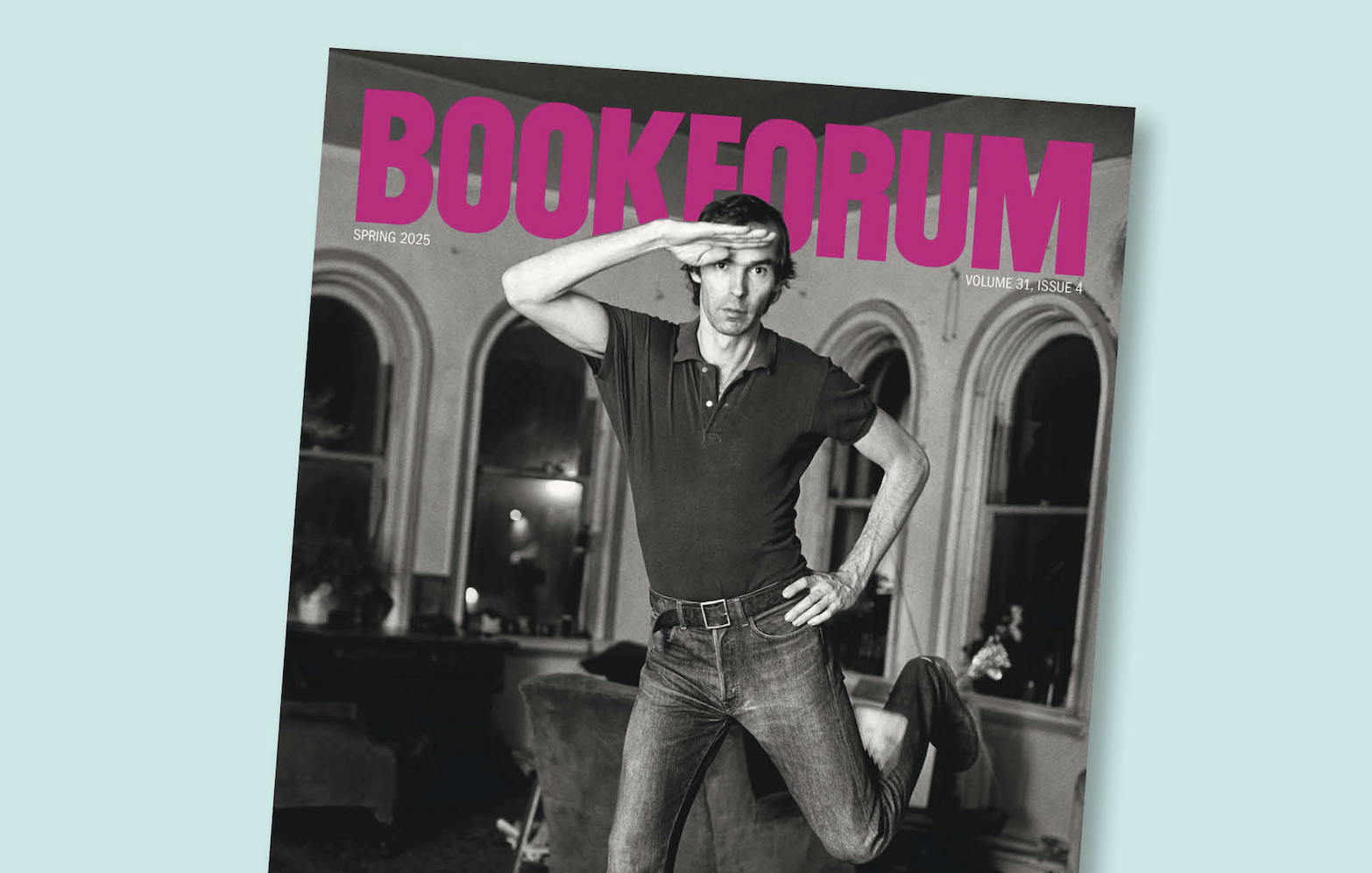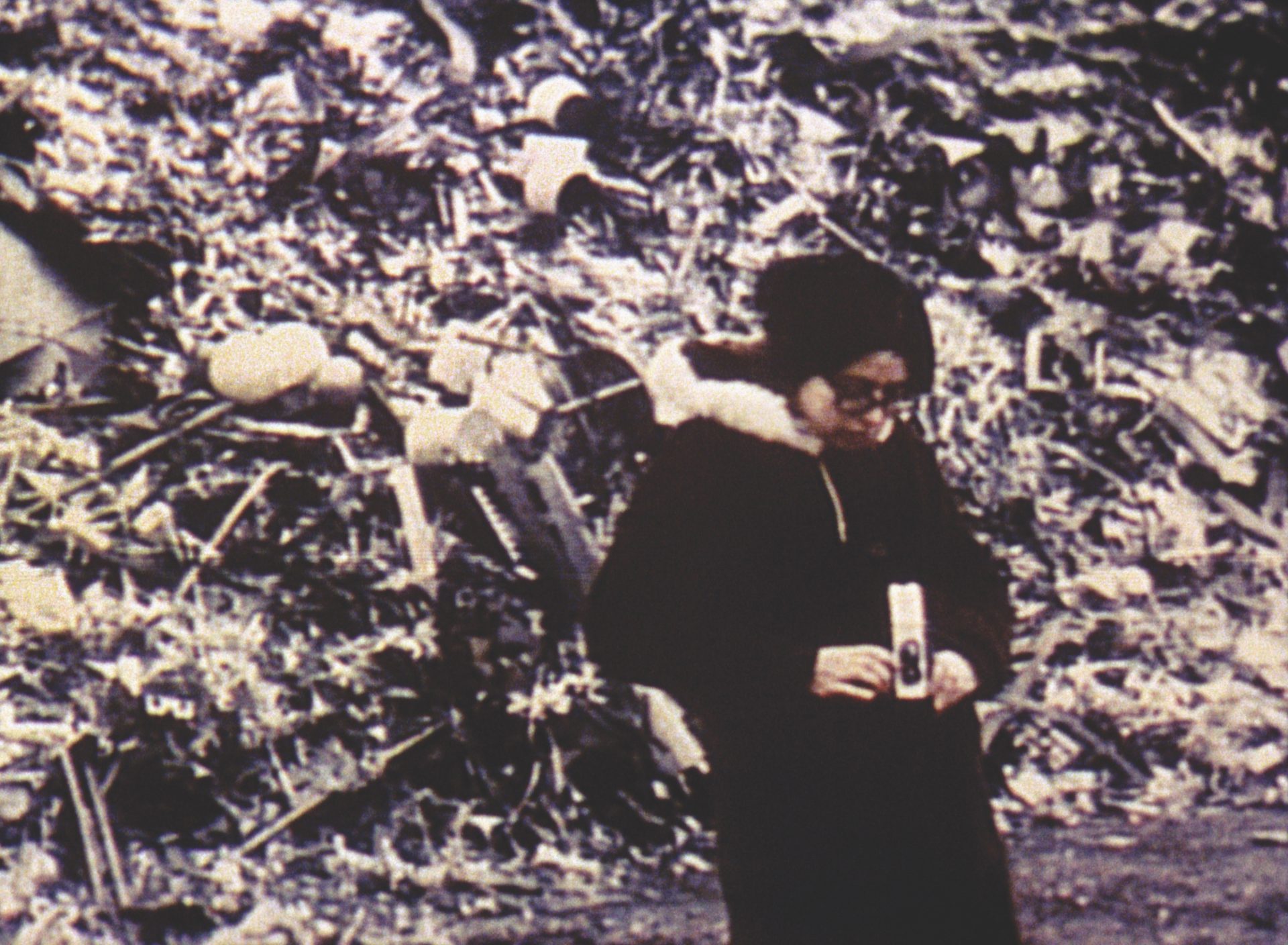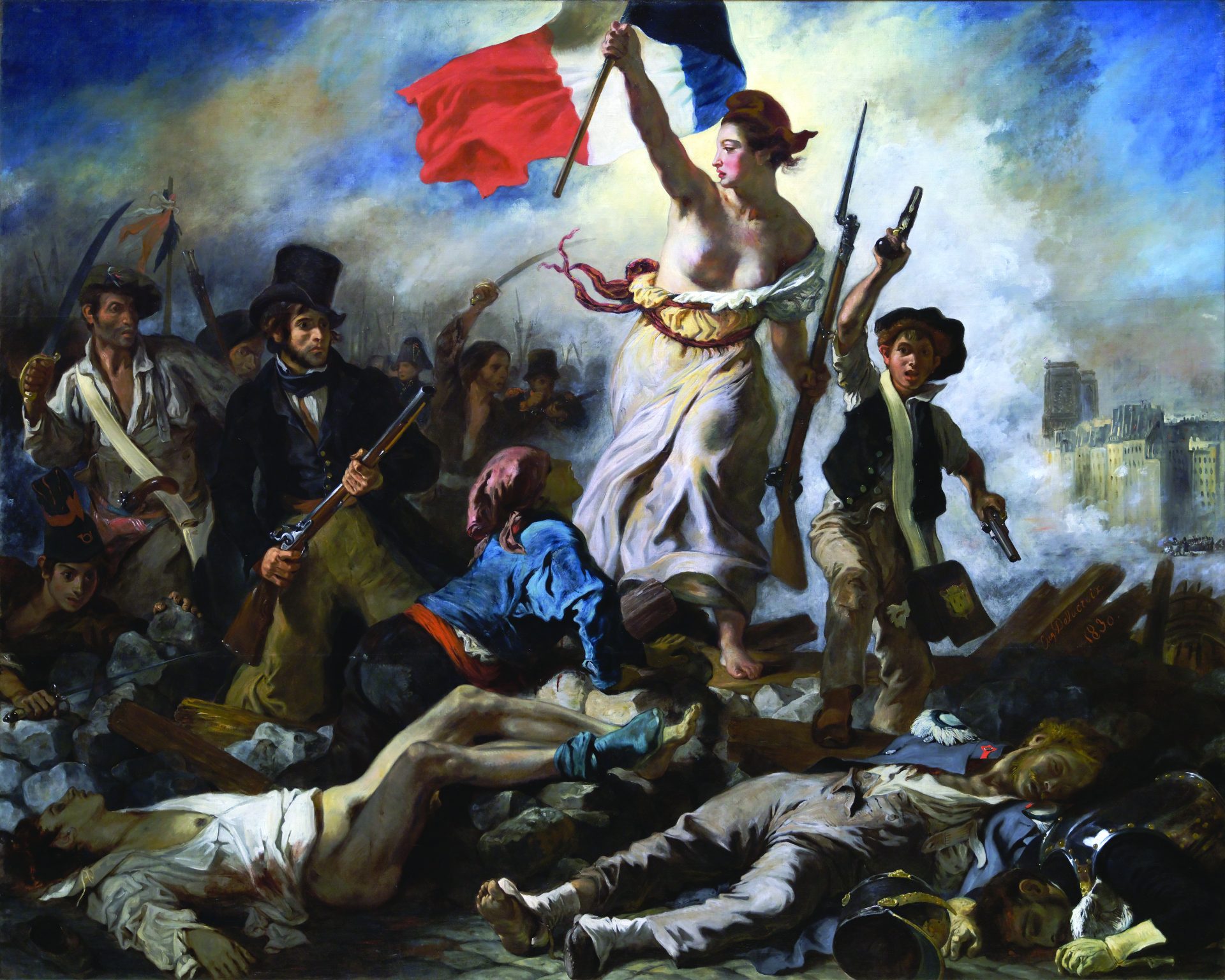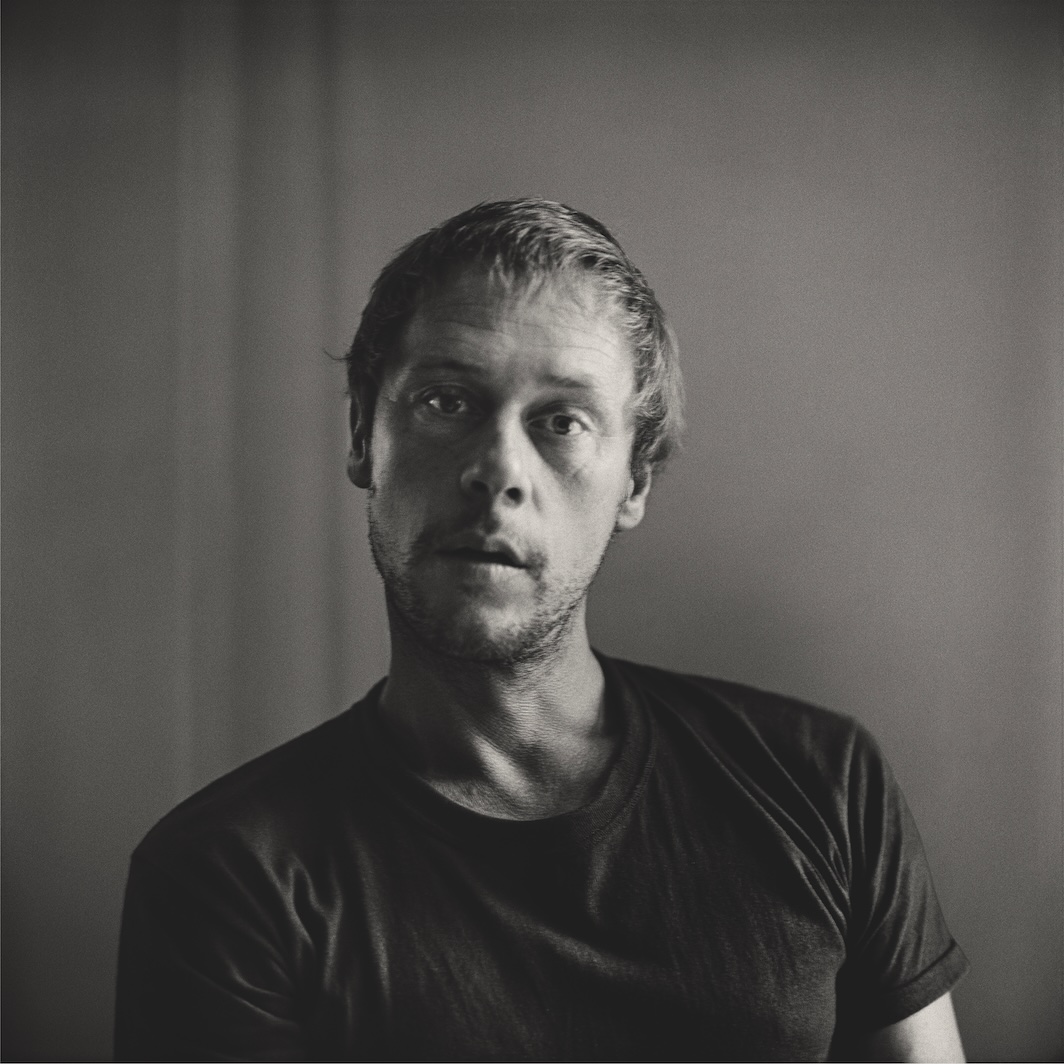
The Israeli novelist Aharon Appelfeld can muster no patience for those critics who insist on dubbing him a Holocaust writer. In his harrowing memoir, The Story of a Life (2004), he admits “there is nothing more annoying” than that characterization for a Jewish novelist who survived the camps. J. M. Coetzee has this to say:
When Aharon Appelfeld began writing in the early 1960s, the Holocaust did not count, in Israel, as a fitting subject for fiction. . . . Insofar as Israel was a new beginning, the Holocaust could have no relevance to its future. . . . Combined with this public silence was a feeling that there was something in-decent in representing the Holocaust, that the subject ought to be, if not beyond the reach of language, at least out of bounds to anyone who had not lived through it.
But Appelfeld did live through it. His adolescence seems rent from the malevolent fables of the Grimm brothers: his mother slain by Nazis at the start of the war; he and his father forced on a march and then imprisoned; his escape from the labor camp to live for years, isolated and rodentlike, in the woodlands of Eastern Europe. The boy was just ten. For Appelfeld, the Holocaust is not and cannot be “out of bounds”; as in the work of Primo Levi, Paul Celan, and Elie Wiesel, its reality is present in Appelfeld’s fiction like a half-healed injury that affects his walk.
Still, Appelfeld never vowed to write about the Holocaust; the only vow he made was to write truthfully about his own experience. “A writer,” he remarks, with Proust in mind, “if he’s a writer, writes from within himself and mainly about himself, and if there is any meaning to what he says, it’s because he’s faithful to himself.” What Appelfeld knows best is the solitude and anguish the Holocaust thrust on him, his family, and his people. He knows the panic that struck prior to the death camps, and the horrible denial that ensued when the war ended and the survivors attempted to return home—only to find home ravished beyond recognition. You will not find in Appelfeld’s more than twenty books scenes of corpses being bulldozed into mass graves or of SS soldiers disgorging anti-Semitic rants at the gas chambers. He did not witness such scenes. In The Story of a Life, he writes about his rebellion against the sensational, his aversion to exaggeration. Works of art on the periphery of the Holocaust must simplify, not amplify. The facts, he maintains, are grotesque enough.
Appelfeld—like so many writers—has been telling the same story in novel after novel: men and women on the run throughout Europe, some seeking family or vengeance, some seeking Palestine or the eradication of their Jewish traits, but every one of them seeking wholeness after unspeakable travails. None of his characters can release the past; they are shadowed by well-informed Furies, by what they did and what was done to them. In Laish, Appelfeld’s novel newly translated into English, the narrator remarks: “Nothing is ever forgotten here. Our wagons groan beneath the weight of memories.”
Laish records the tortuous path taken by a caravan of Jews as they attempt to cross Eastern Europe in wagons and set sail for Jerusalem in the late nineteenth century. The narrative of these desperate pilgrims trying to reach the Holy Land is vintage Appelfeld: equal parts fable, folktale, Torah, and Kafka (no other writer is nearer Appelfeld’s heart or more vital to his sensibility as a storyteller). Appelfeld’s tales often approximate mythos not because of his Judaism but because World War II transformed the lives of millions into a sinister burlesque; ordinary people appeared to be in the grip of an insane God. As he told Philip Roth in 1988: “We came in contact with archaic mythical forces, a kind of dark subconscious the meaning of which we did not know.” These same forces mercilessly trounce the pilgrims in Laish.
The fifteen-year-old title character, an orphan who performs tasks for the wagon drivers narrates. The infirm and ambitious travelers struggle to ward off the killers, thieves, tricksters, and prostitutes who inhabit the wasteland through which they move along the river Prut: “Our wagons were beset by creatures of the darkness who took the form of aggressive beggars, the bitterly disabled, and, most painful of all, child demons.” Typhoid is in the air; people suffer and then, like Moses, die without reaching the Promised Land. Before he dies, Laish’s chaperone shares with the boy a bit of wisdom that would be quite at home in Schopenhauer: “Man is rotten by nature” and “We’re nothing but a rabble of rotten, godforsaken Jews. Harbor no illusions! Do not expect salvation!” Or as another character aptly puts it, “Man has come from the darkness and he will return to the darkness.” The central battle is not fought against the elements or disease or even one another; rather, it is against that very darkness and despair that tempt these travelers to turn from God and drop the hope of deliverance. In that, the narrative reaffirms what appears to be Appelfeld’s chief undertaking as a novelist: the maintenance of spiritual stamina in the midst of upheaval.
Laish consists mostly of character composites, a device that can, at times, deprive the story of the swiftness and tension that are so effective in Appelfeld novels such as The Iron Tracks (1998), a somber thriller about a survivor who hunts down the SS soldier who butchered his parents, and All Whom I Have Loved (2007), about a father and son moving from one place to the next to flee anti-Semitism. Brief sections of Laish stall the momentum—the necessary activity Aristotle called praxis—by homing in on peripheral characters. Appelfeld typically eschews the unessential, and so this sizable cast comes as a surprise. But it does allow him to detail a wider range of personalities—personalities that accumulate to forge an overbearing collective dread. Most distressing is Mamshe, a girl—clearly deranged—whose caretakers foisted her on the holy men of the caravan because they could no longer provide for her:
In a structure resembling a birdcage but built to the height of an average person, a young girl named Mamshe has been shut away for years. She is thin and depressed, and her eyes are sunk deep in their sockets. Most of the day she is curled up soundlessly on the mattress in the cage, but there are days when she sits cross-legged and stares vacantly. At night . . . she gets up on her knees and screams like a wounded animal.
One must turn to Kafka or perhaps Sade to find a stricken soul of comparable horror.
The years-long passage, at every turn paranoid and seemingly Sisyphean, grows ever more desperate: “The burials went on until nightfall. They were hellish. It was impossible to tear the mothers away from their dead children.” When the caravan finally reaches the port city of Galacz, only a fraction of its original number remains. Hardships still abound: The surviving pilgrims possess no funds for tickets to Jerusalem, and so these observant Jews sell what they can and then resort to the very criminality that has victimized them for so long. They burglarize local shops and sack the valuables of those among them too ill to continue. In the process of forfeiting their morality, they vanquish their identity.
At one point on the journey, an unnamed woman who lost her child cries, “If there’s a God in the heaven, he should appear immediately!” Theodicy has always been Appelfeld’s concern as much as it is Dostoyevsky’s in The Brothers Karamazov, except in Appelfeld that concern is less overt. In Laish, however, theodicy—the odyssey—moves to the fore, and this question of how God can preside with perfect benevolence above a world polluted by evil is met with a disconcerting answer: God does not appear to that afflicted woman or to anyone else; more children die miserably.
As for Laish himself: The story he tells does not amount to his bildungsroman since he plays no active role in his fate. His job is merely to record: “I’m scrupulous about keeping a list of the dead.” His teacher informs a fellow traveler that “dreams have no meaning,” and yet the dream of Jerusalem is the only balm Laish and the others have for the wound of their existence. In a long line of dire fables, Laish is perhaps the direst—almost as dark and distressing as Appelfeld’s own adolescence—rendered with the author’s trademark precision, loyally translated here by Aloma Halter. This is Halter’s fourth translation of Appelfeld’s work; she seems poised to surpass the great Jeffrey Green as his ideal voice in English. Like Green, she captures the terse but poetic quality of the Hebrew and thus stays true both to Appelfeld’s literary influences and to his own linguistic assignment—to express a yearning for silence, to carve language to the bone. “The greater the suffering,” Appelfeld has written, “and the more intense the feelings of despair, the more superfluous words become.” In his growing body of fiction—a novelistic kaddish—Appelfeld employs the right words, the only words, to pass along the story that should never have been. Being labeled a Holocaust writer might indeed irritate Appelfeld, but no living novelist—not Wiesel, not Amos Oz—better chronicles the spiritual vacuum and extreme disorientation that ensued in the aftermath of Auschwitz. Whatever critics choose to call him, we require his witness.
William Giraldi teaches in the Writing Program at Boston University.






